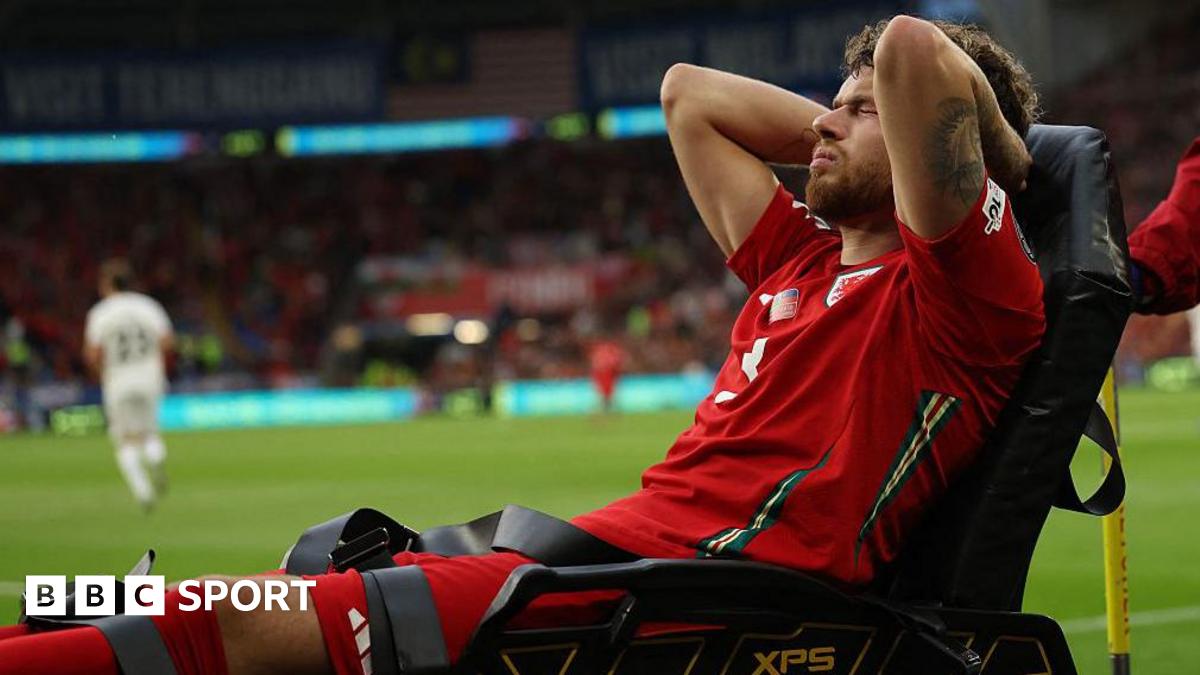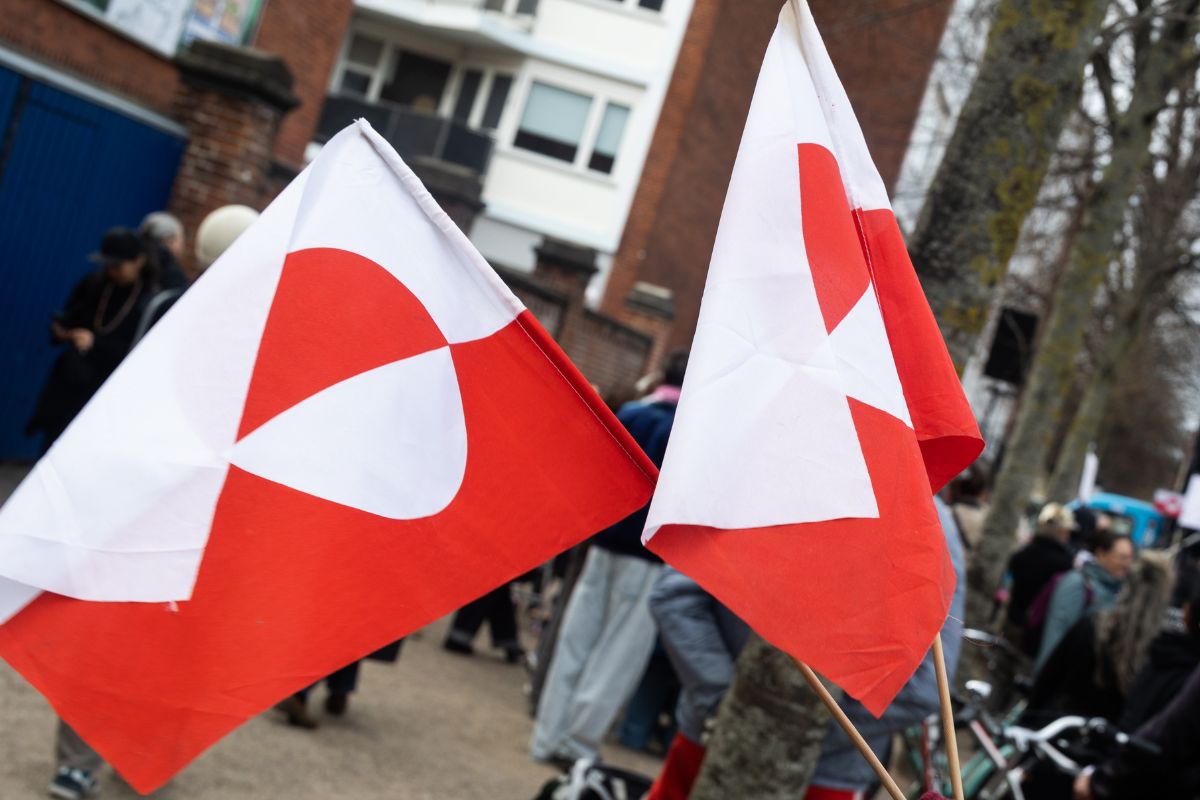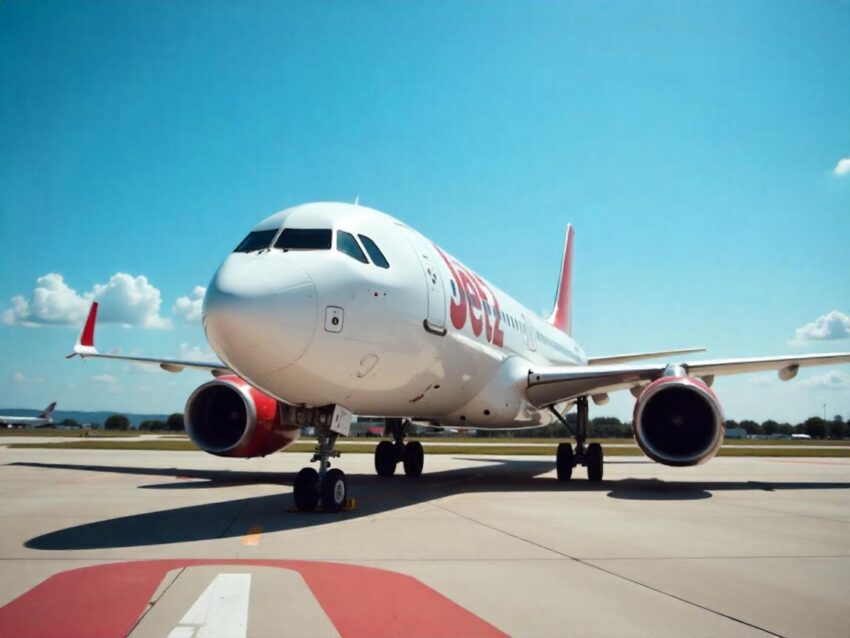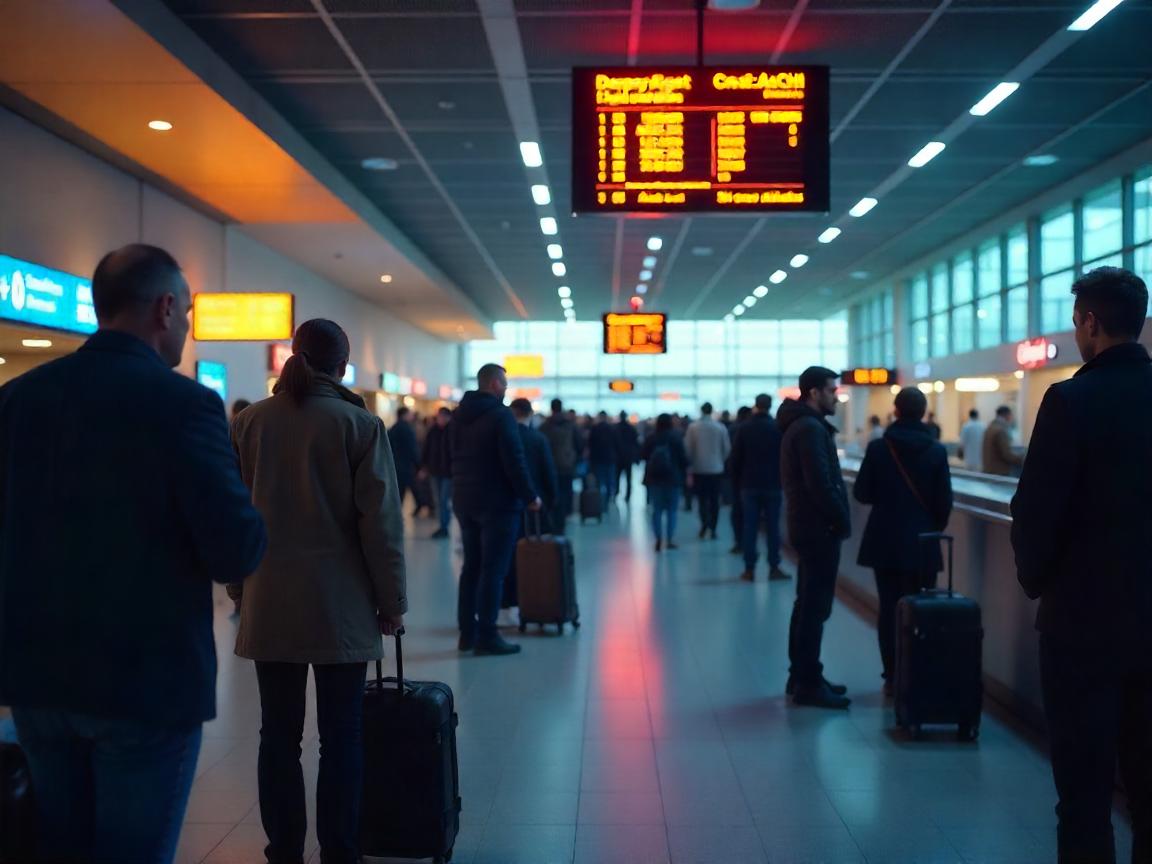Another season of homophobia and ineffective responses in France | Fare network
Why is homophobia such a persistent issue in French football? It’s a question on the minds of a growing number of people.
Despite initiatives promoting inclusivity, recent events highlight the challenges of eradicating LGBTIQ-phobia from French football. Not a situation one expects in a country that regards itself at the heart of a modern liberal Europe.
A high-profile game between Paris Saint-Germain (PSG) and Marseille in March exemplifies the problem. PSG supporters were heard directing homophobic slurs at their rivals continuously during the match. The French Football League (LFP) condemned them: “These new discriminatory chants by Paris Saint-Germain fans are unacceptable even though the whole of professional football has been working for several seasons to ban homophobic behaviour and chants from stadiums”.
French clubs have been sanctioned with fines, and the league’s disciplinary commission has ordered the closure of stands for similar cases. French law provides for upto one year imprisonment and a €45,000 fine when anti-gay insults are made in public.
At the mid-point of the season the LFP Disciplinary Committee had issued 52 fines (totalling €182,000) and ordered nine partial stadium closures in response to “verbal expressions and banners of a discriminatory and insulting nature.” It included other issues, but this is no small problem.
[link to:
https://www.lequipe.fr/Footbal... ]
In response, the French government pledged to take a firm stance. Interior Minister Bruno Retailleau was clear, “We can no longer tolerate seeing intolerable behaviours every weekend in sports”.
This is what one would expect to hear, but Ministers seem to be split on what they really think, debates persist within the government over whether matches should be stopped in response to discriminatory chants.
Ligue 1 are right, they have held an annual period to raise awareness of LGTIQ+ exclusion for years, but these efforts to promote inclusivity have now also faced resistance from some players. During the 2025 campaign, several players refused to wear rainbow-coloured symbols. Lyon midfielder Nemanja Matic and Le Havre’s Ahmed Hassan concealed the anti-homophobia symbols on their jerseys, while Nantes forward Mostafa Mohamed opted out of his team’s match entirely, citing personal beliefs.
The players have drawn criticism. Sports Minister Marie Barsacq called for sanctions against those who refuse to participate in inclusivity initiatives, referring to the importance of collective action in combating discrimination.
One might see that some players who hold conservative religious views may feel uncomfortable, but we also note that in 2025 no religious text or practice prohibits the inclusion of gay people. It is a personal opinion.
And what is the excuse of Nemanja Matic? The Serbian veteran has played at the top level across Europe, he did once refused to wear a poppy commemorating war veterans, this is hardly the same.
The French Football Federation (FFF) has faced scrutiny over its handling of homophobia. While some action has been taken, critics argue that responses have been insufficient. The underlying attitude was revealed in 2019 when former FFF President Noël Le Graët said he was reluctant to stop matches over homophobia, “To say that football is homophobic, and could be the only symbol of homophobia in France, that’s a bit strong. I don’t accept it”.
The FFF have looked confused as to their responsibility. For the avoidance of doubt the ultimate football authority in each country is the football federation, they have governance responsibility and the responsibility to safeguard the game.
And international regulations are clear, that matches should be stopped when repeated homophobia takes places. Numerous matches have been stopped in FIFA competitions.
Supporter organisations also seem to be lost. In a country known for its fan activism there has been little self-policing and even less public discussion or statements from fan leaders.
French campaigners and advocacy groups continue to push for more robust actions. Rouge Direct in particular have been consistent, calling for action and a uniform approach to all incidents. Implement the regulations and the law is their message.
RougeDirect.org
Now the season has ended we can only hope the French football eco-sytem can sort out the mess for next season and get to a place where discrimination is taken seriously and acted on. It is the least people can expect in a country with the storied footballing history of France.













